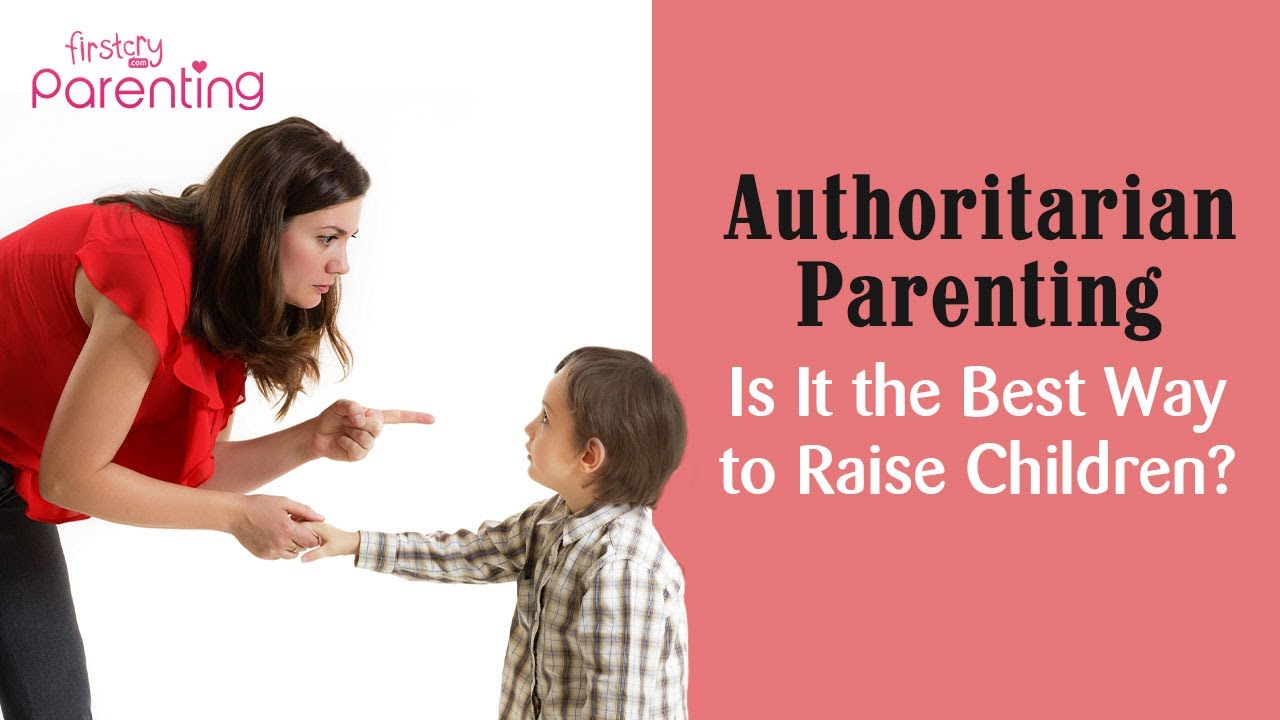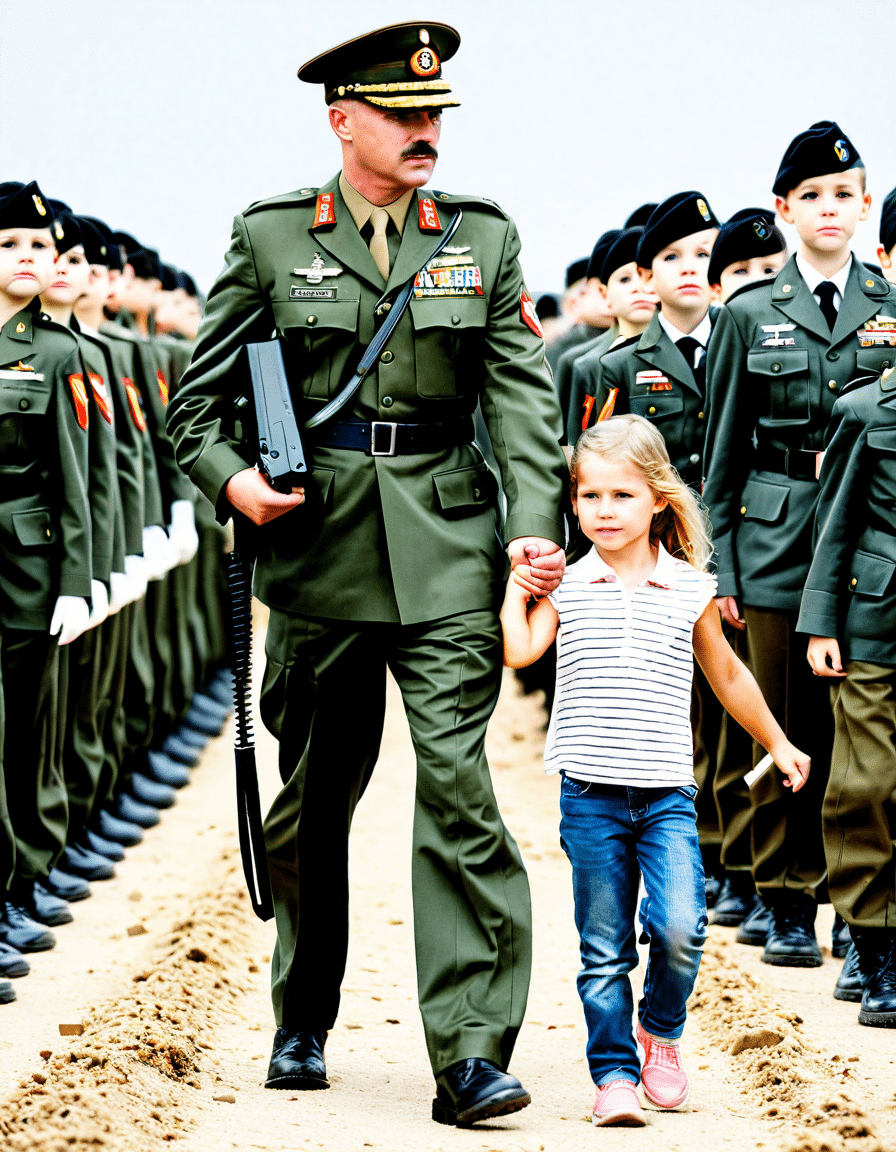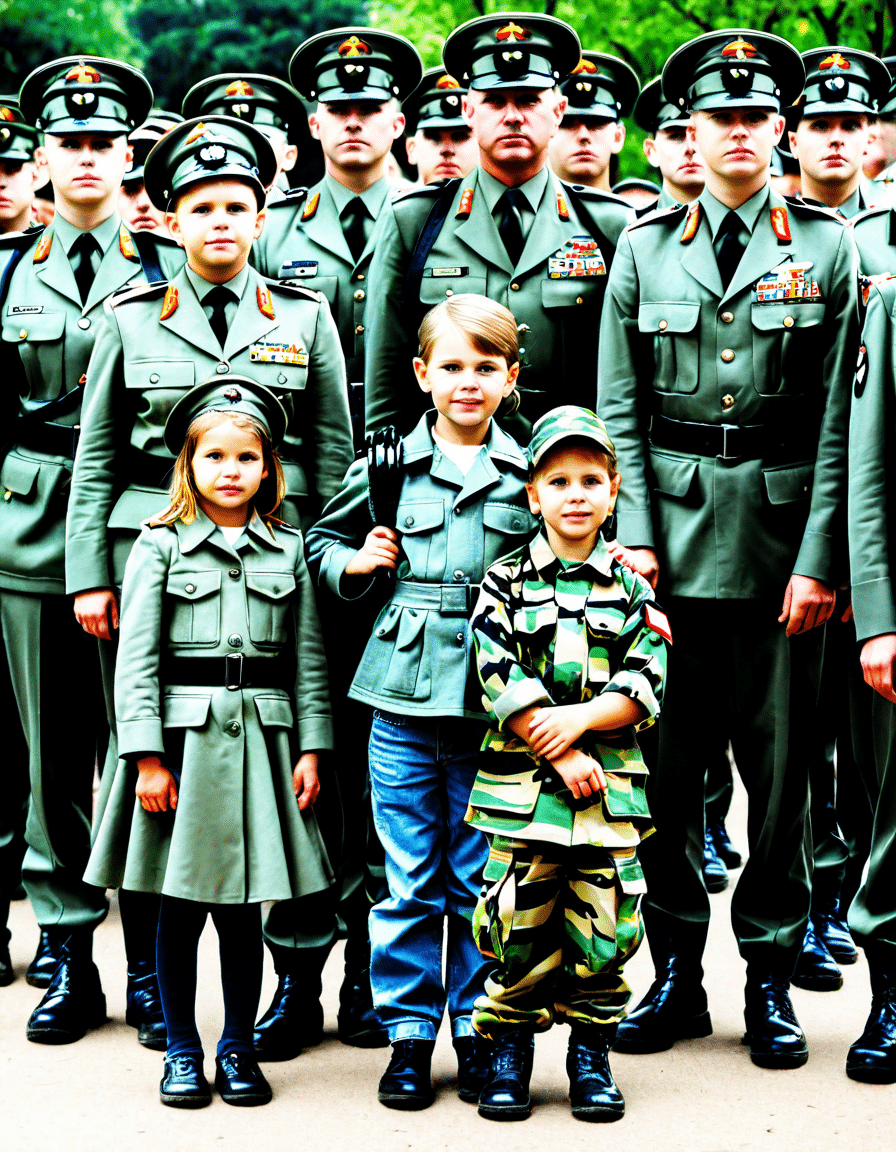Authoritarian parenting has long stirred debate among parents and experts alike. It’s a style that leans hard on control and obedience while often missing the heart of parenting: emotional warmth and communication. In this article, we dig deep into the specific strategies used by authoritarian parents and how these approaches can shape behavior. Armed with this understanding, we’ll explore ways to promote self-awareness and intrinsic motivation, even amid the tough love of authoritarian parenting.

Top 7 Authoritarian Parenting Strategies That Shape Behavior
Authoritarian parents often hold their kids to strict rules and hard-line discipline that leaves little room for negotiation. A revealing study published in the Journal of Child Psychology found that children raised in strict authoritarian environments—like many military families—internalize these rules but often struggle with critical thinking. Sure, these kids learn to follow orders, but at what cost? Their creativity and self-expression might take a backseat.
Research shows that authoritarian parents tend to prioritize obedience over open emotional dialogue. Brands like “Positive Parenting Solutions” highlight the importance of acknowledging children’s feelings. Contrast that with authoritarian homes where kids may not hear the words “I understand” or “I care.” Those who grow up in emotionally validating environments foster healthier self-esteem and resilience. Feeling seen is the best boost to your vitality, as it leads to children knowing their worth beyond mere compliance.
Punishing kids instead of rewarding good behavior is a staple of authoritarian parenting. Kids growing up in such strict households often hear more about their failures than their successes. Research indicates that this can lead to anxiety and avoidance behaviors—turning youthful enthusiasm into a cautious approach to life. Instead of learning to strive for greatness, they might just learn to avoid failure.
Kids under authoritarian parenting often miss out on exploring their environment and making decisions. Picture a public school with a rigid curriculum, where students have no say in their own extracurricular activities. This lack of choice stifles creativity and self-discovery. Children need the freedom to make choices, explore hobbies, and cultivate interests, or they risk growing up feeling lost and directionless.
Authoritarian parenting frequently involves setting sky-high expectations for kids. These may come from academics or sports, but they’re accompanied by minimal support. When outcomes matter more than the process, children link their self-worth to their performance. This cycle can spark anxiety or rebellion when they encounter challenges. Kids need to know they’re valued for more than their report cards or medals; they need love and support to grow into well-rounded adults.
Kids who grow up in authoritarian households often mimic the controlling behaviors they see. Research from the Journal of Family Studies shows that those raised with strict parenting styles tend to adopt autocratic leadership traits in their careers. This cycle can perpetuate authoritarianism through generations. Recognizing this pattern is essential for breaking the chain and fostering more nurturing environments.
Let’s not overlook permissive parenting, which stands in stark contrast to authoritarian methods. Permissive parents emphasize flexibility, open communication, and mutual respect. While authoritarian parenting constrains children, permissive parenting often breeds self-love and autonomy. Finding a middle ground offers a way to combine structure with freedom, allowing kids to develop self-esteem and intrinsic motivation.

Moving Toward Balanced Parenting: Encouraging Self-Awareness and Intrinsic Motivation
Awareness of the impacts of authoritarian parenting is the first step toward meaningful change. As society evolves, we can shift toward balanced parenting styles that encourage emotional dialogue, validate feelings, and involve children in decision-making processes. Tools inspired by self-development brands like “MindValley” empower parents to improve their emotional intelligence, translating into stronger parenting skills.
Implementing strategies like setting family goals, mindfulness practices to boost self-awareness, and celebrating self-love can counteract the downsides of authoritarian parenting. Engaging in active listening cultivates a bond forged through trust and mutual respect. Kids will feel valued, and that’s where lasting motivation starts.
When we look ahead, there’s a significant opportunity to reshape what effective parenting can mean. We can embrace varied styles that promote emotional health and supportive relationships. Rather than confining children within rigid structures, let’s nurture their intrinsic motivation and encourage self-exploration. Kids empowered with these skills become confident individuals ready to tackle life head-on.
Authoritarian parenting might have its proponents, but the evidence increasingly points to a need for balance in child-rearing strategies. Let’s aspire to raise a generation that values integrity, self-worth, and resilience. With a combination of compassion and structure, we can set them up for a future filled with possibility, excitement, and six-pack abs! 💪

Sources and References
In conclusion, let’s put ourselves on a path toward balanced parenting. The outcomes could shape a generation that’s not just physically fit but also emotionally strong and adaptable. Because at the end of the day, what we really want is children who can tackle life’s challenges while thriving—inside and out!

Authoritarian Parenting Strategies That Shape Behavior

Understanding Authoritarian Parenting
Authoritarian parenting is a strict approach, often characterized by high demands and low responsiveness. This style focuses on obedience and discipline, leaving little room for open dialogue. Kinda like that travel backpack For Women that organizes everything with precision but doesn’t leave space for unexpected items, authoritarian parents often mold their kids into obedient individuals. While this parenting style can result in children who follow instructions well, it can stifle creativity and emotional development.
Interestingly, a blend of expectations and warmth may prove more effective. Research suggests that children raised in more open environments tend to thrive socially. So, while authoritarian parenting can yield well-behaved kids, it might contribute to issues like anxiety and low self-esteem. Just think about how a character like Jeff Daniels in dramatic roles illustrates the complexities of human behavior—sometimes, strict rules just don’t tell the whole story.
Impact on Child Behavior
Authoritarian parenting often produces kids who excel in compliance but may struggle with independence. In fact, studies indicate that these children can have difficulty making decisions or trusting their instincts. It’s somewhat reminiscent of dealing with an outer ear infection: there’s pain, discomfort, and a sense of needing to break free to feel normal again. Instead of fostering innovation, authoritarian environments can lead kids to fear failure rather than embrace new challenges.
When looking at famous portrayals, one might consider the manipulation of character arcs—like the intricate storytelling seen in “The Bear,” where the season 3 ending explained leaves us pondering profound transformations. Similarly, children raised in controlling environments might undergo substantial shifts, navigating a path from strict obedience to rebellion. Balancing authority with encouragement can help nurture healthier emotional outcomes, making room for a genuine expression of individuality.
Seeking Balance in Parenting
Ultimately, achieving a blend between authority and nurturing can be transformative. Authoritarian parenting, while effective in instilling discipline, often lacks the compassion that builds strong relationships. Kids nurtured under this strict regime may not easily fall into the categories of ensemble Stars who shine together in great performances, as teamwork often requires a level of creativity and openness they’ve not been taught to embrace.
For parents looking to refine their strategies, the educational opportunities provided by institutions like Charles Drew university can be invaluable. Equipping oneself with knowledge about parenting dynamics fosters a healthier, more balanced relationship with children. Remember, success in parenting, much like a well-planned lollipop at a gathering, lies not just in rigidity but also in understanding the sweeter moments that come with love and trust.



























